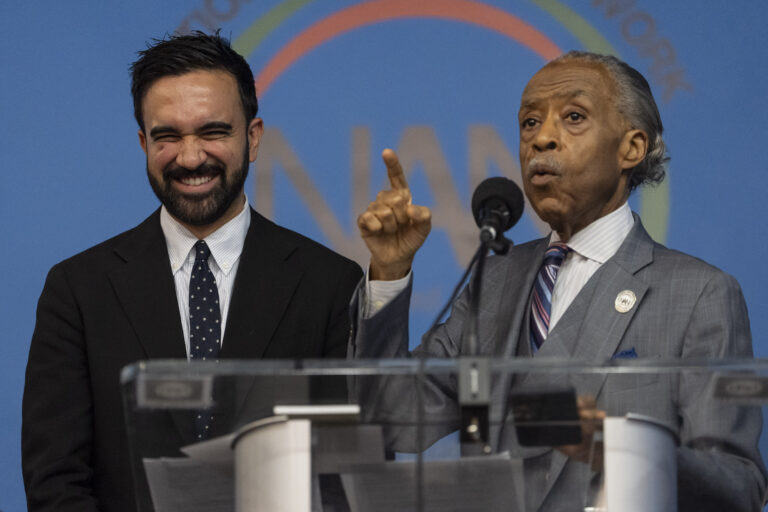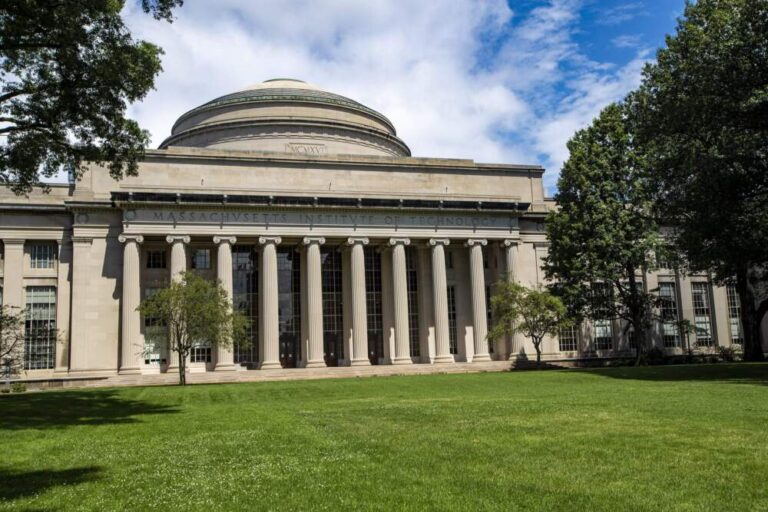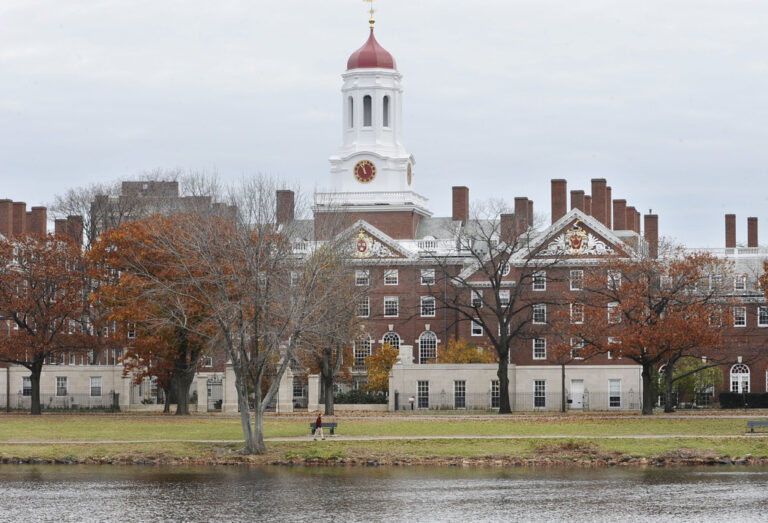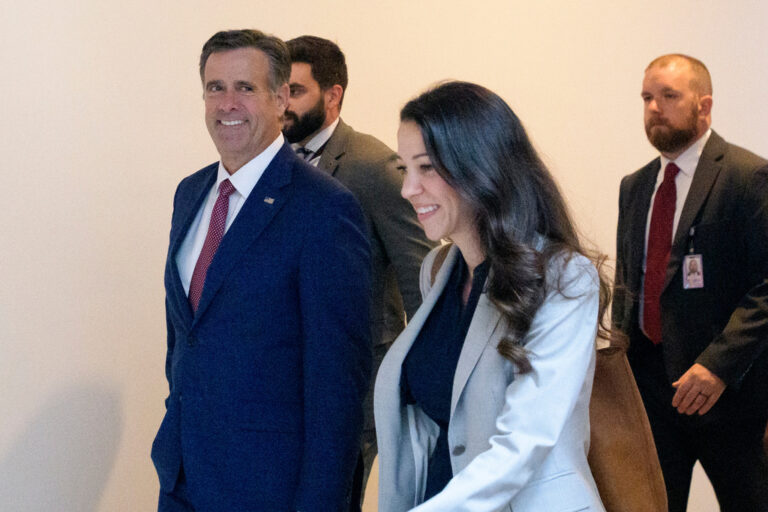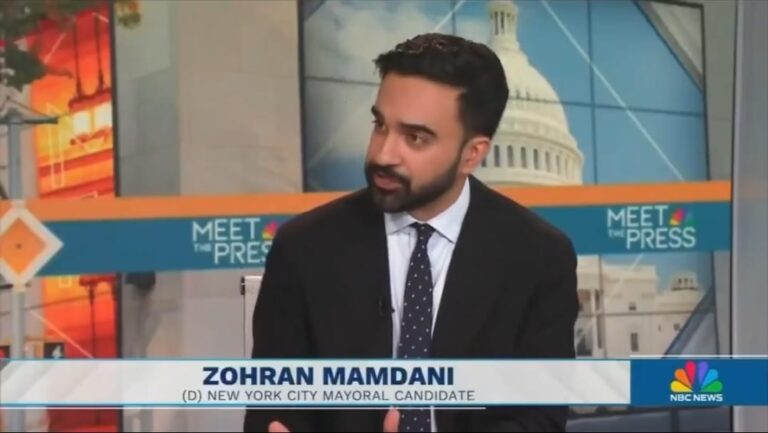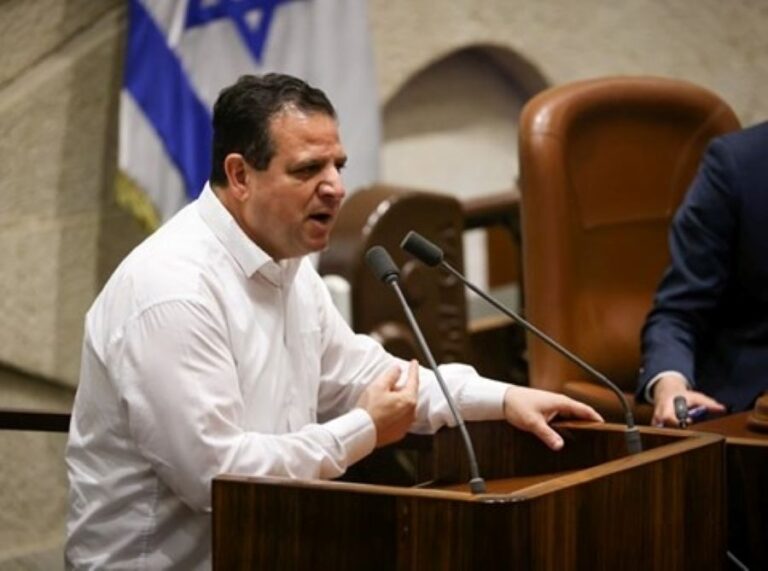NYDN: Desperately embarrassed that she needs help feeding her family, a young Orthodox Jewish mother put on dark sunglasses as she approached one of the city’s few kosher soup kitchens.? Inside, the woman, a victim of domestic violence, sat behind a row of plants set up to shield diners who don’t want to be seen at Masbia, a restaurant-style free kitchen that opened in Borough Park a year ago.
“My kids don’t know it’s a soup kitchen,” said the mother of four teens who would not give her name and comes alone so there is more food for her children. “They think it’s a restaurant – I don’t want them to be ashamed.”
One of a rising tide of Jewish poor in Brooklyn, the woman is not the only diner at Masbia. Funded almost exclusively by private donations, the kitchen serves Orthodox meals to more than 100 people in a small 14th Ave. storefront five nights a week, its founders said.
Of 1.1 million Jews in New York City, 226,000 were living in poverty in 2002. That is up from 145,000 in 1991, according to the Metropolitan Council on Jewish Poverty.
“There is enormous poverty in the Orthodox Jewish community,” said Masbia co-founder Alexander Rapaport. “I didn’t know how bad it was until we opened.”
Seventy percent of the city’s poor Jews live in Brooklyn, according to the Council. Orthodox households make up the second largest segment, 27%, of the Jewish poor. Russian Jewish immigrants account for 44%, the council said.
Even with so many hungry people, Rapaport said, Masbia is the only full-service soup kitchen in Brooklyn’s vast Orthodox communities.
“Jewish families don’t go to soup kitchens,” said Carol Schneider of the Food Bank for New York City. Poverty, she said, is “considered a stigma.”
Jewish families more typically rely on the city system of food pantries – which offer anonymity. The Food Bank provided 354,000 meals to city households over Passover, including 28,000 pounds of gefilte fish.
Rapaport, 28, who earns a living as a publicist, and his partner Mordechai Mandelbaum, 53, opened the kitchen in April 2005 after noticing hungry Orthodox men taking advantage of free snacks at local synagogues.
Except for holidays and the Sabbath, women traditionally don’t go to shul.
The large majority of Masbia’s clients are single men.
“Most are men,” said Mandelbaum, a Bedford-Stuyvesant landlord. “But there are women coming, elderly women and women with children.”
An Orthodox mom with three girls ate at a table behind the trees at Masbia – which means to satisfy in Hebrew. Next to them was a 75-year-old grandmother who said she goes to Masbia because “I want supper.”
“Sometimes, I take food home for him,” she said of her husband, who refuses to come.
City officials knew of only one other kosher soup kitchen, in Manhattan, but said it was open only one day a week. Met Council leaders knew of two kosher kitchens, one in Flatbush and one in Bensonhurst. Through the council, the kitchens declined to release their names or locations for fear of being overwhelmed by men needing a meal.
Of the diners at Masbia on a recent Tuesday afternoon, only Holocaust survivor Simon Kranczer gave his name.
Before the soup kitchen opened he frequented Orthodox restaurants that offer a heavy discount to the poor.
“There are places,” said the blind great-grandfather. “But you have to pay something.”


